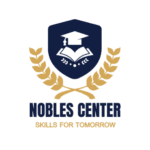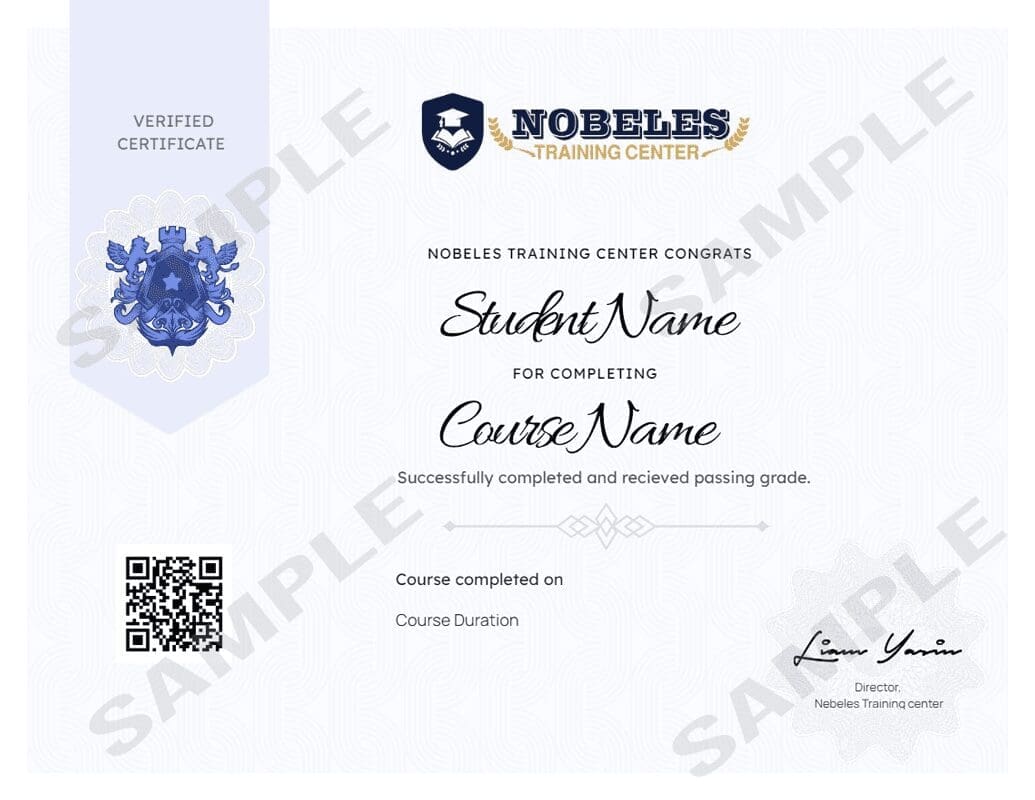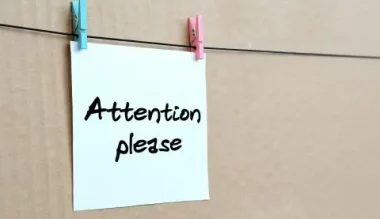Description
Curriculum
Instructor
Blooms Taxonomy is not just for elementary school teachers. The three domains of the taxonomy apply to adult education as well. In this course, we will focus on the psychomotor domain; the domain of action and physicality. Â It is important to remember that psychomotor complies with the other domains when implementing it.
Curriculum
- 11 Sections
- 11 Lessons
- 8 Hours
Expand all sectionsCollapse all sections
- Bloom's TaxonomyBloom's Taxonomy categorizes cognitive skills into six levels: remembering, understanding, applying, analyzing, evaluating, and creating. It guides educators in developing learning objectives and assessments that promote critical thinking.1
- ObservationObservation in Bloom's Taxonomy involves recognizing and noting details, behaviors, or phenomena. It serves as the foundational step for higher-order thinking, enabling learners to gather information for analysis and understanding.1
- ImitationImitation in Bloom's Taxonomy involves replicating behaviors or skills demonstrated by others. It serves as an early stage of learning, allowing learners to practice and build confidence before progressing to application and analysis.1
- ManipulationManipulation in Bloom's Taxonomy refers to skillfully handling tools or materials to perform tasks. It involves applying knowledge through practice, enhancing proficiency and confidence, and serving as a bridge to more complex skills.1
- PrecisionPrecision in Bloom's Taxonomy involves accurately performing tasks or skills with attention to detail. It reflects a high level of competence and mastery, allowing learners to execute activities effectively and efficiently.1
- ArticulationArticulation in Bloom's Taxonomy refers to clearly expressing ideas, thoughts, or skills. It enables learners to communicate effectively, demonstrating their understanding and mastery of concepts, which is essential for collaboration and teaching others.1
- NaturalizationNaturalization in Bloom's Taxonomy involves mastering skills to the extent that they become second nature. Learners can perform tasks effortlessly and intuitively, integrating knowledge seamlessly into their daily activities and problem-solving.1
- Versions of Psychomotor DomainThe psychomotor domain includes levels of skill development: perception, set, guided response, mechanism, complex overt response, adaptation, and origination, guiding educators in structured training and skill acquisition.1
- Psychomotor MeasurementsPsychomotor measurements assess an individual's ability to perform physical tasks that require coordination, precision, and skill. Common methods include observation, performance tests, simulations, and practical exams to evaluate proficiency and improvement.1
- Skills to Consider When PlanningWhen planning training, consider skills in assessment, curriculum design, instructional techniques, communication, organization, flexibility, and evaluation to ensure effective delivery and meet learner needs.1
- Post TestPost Test1
Nobles Center

5 Students146 Courses
Review
$225.00
301 students
11 lessons
Language: English
0 quiz
Assessments: Yes
Skill level All levels
Nobles Certificate
At the end of the course, you can download a copy of your certified certificate.
Nobeles Academy
Mobile Application
Download the Nobeles center mobile app from the app app store, click the button below
Courses you might be interested in
Welcome to the Presentation Skills workshop. This program can benefit anyone who presents; a trainer, a meeting facilitator, speaker, or seminar discussion leader. No matter which role you are assuming,...
-
11 Lessons
$275.00
Bloom’s Taxonomy is not just for elementary school teachers. The three domains of the taxonomy apply to adult education as well. In this manual, our focus will be on the...
-
0 Lessons
$175.00
Welcome to the Anger Management course. Simply put, anger management is the process of controlling anger, before this anger controls you. Anger can be an incredibly damaging force, costing people...
-
0 Lessons
$250.00
Welcome to the Attention Management workshop. A distracted workforce is less than effective. Employees who do not pay attention to their work can waste valuable time and make careless mistakes....
-
0 Lessons
$225.00






